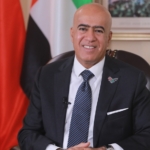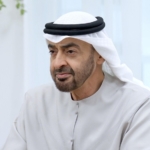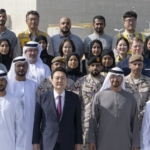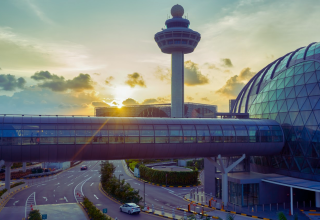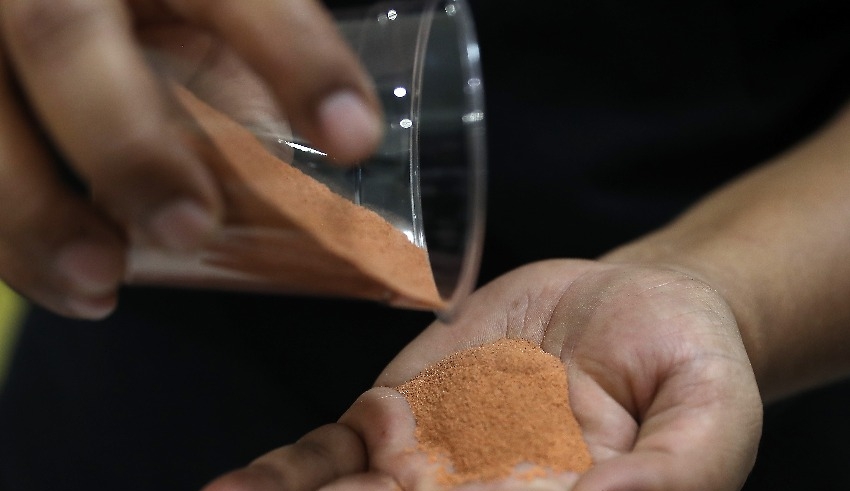
With miles of golden sand dunes extending across its landscape, the United Arab Emirates (UAE) is no stranger to vast deserts. These deserts, formerly thought to be harsh and unfriendly, are now being recognized as potential climate change warriors, because to a phenomena known as “breathable sand.”
Breathable sand, also known as “climatable sand,” is a form of sand that can only be found in particular areas of the UAE. Its ability to absorb and store carbon dioxide (CO2) from the atmosphere distinguishes it as a strong tool in the fight against climate change. This amazing discovery has piqued the interest of scientists and environmentalists all across the world, fueling hope for a unique solution to one of our planet’s most critical problems.
One of the reasons for the increased interest in breathable sand is its ability to sequester carbon. When CO2 is absorbed by breathable sand, it mineralizes, or mixes with minerals in the sand to form a stable form of carbon that remains locked inside the sand particles. This mechanism effectively takes CO2 from the atmosphere and stores it for thousands of years, assisting in the reduction of greenhouse gas emissions and the slowing of the rate of climate change.
Keep Reading
From Harsh Deserts to Climate Heroes: UAE’s Breathable Sand Could Change the Game
The UAE, which is known for its lofty environmental aims, has recognized the potential of breathable sand and has taken substantial steps to capitalize on its benefits. The country has started research and development projects to examine and use breathable sand as a tool for climate change mitigation. Furthermore, the UAE has worked with international partners to share knowledge and encourage more investigation into this unique event.
Aside from carbon sequestration, breathable sand has a number of additional possible advantages. It has the potential to increase soil fertility, water retention, and plant development, making it a useful resource for sustainable agriculture and land rehabilitation. This might be especially useful in desert countries like the UAE, where water scarcity and land degradation are major issues.
Furthermore, the UAE’s investment in breathable sand research has the potential to generate new economic opportunities. The advancement of breathable sand technology and processes may result in the creation of new industries and job opportunities, so contributing to economic diversification and long-term growth.
Despite the immense promise of breathable sand, there remain obstacles and questions to be addressed. Further research and analysis are required to determine the scalability and practicality of using breathable sand on a broad scale. Concerns have also been made concerning potential environmental consequences, such as damage of local ecosystems and dust particle discharge during the sand extraction process. Any use of breathable sand must be environmentally responsible and sustainable, taking into account social, economic, and environmental factors.
Finally, the finding of breathable sand in the deserts of the UAE has opened up new opportunities for addressing climate change. This one-of-a-kind occurrence has the potential to transform carbon sequestration, soil regeneration, and sustainable agriculture. The UAE’s proactive approach to locating and utilizing breathable sand demonstrates the country’s dedication to environmental sustainability and innovation. As research and development efforts continue, breathable sand could be a strong weapon in the fight against climate change, offering hope for a greener and more sustainable future.
